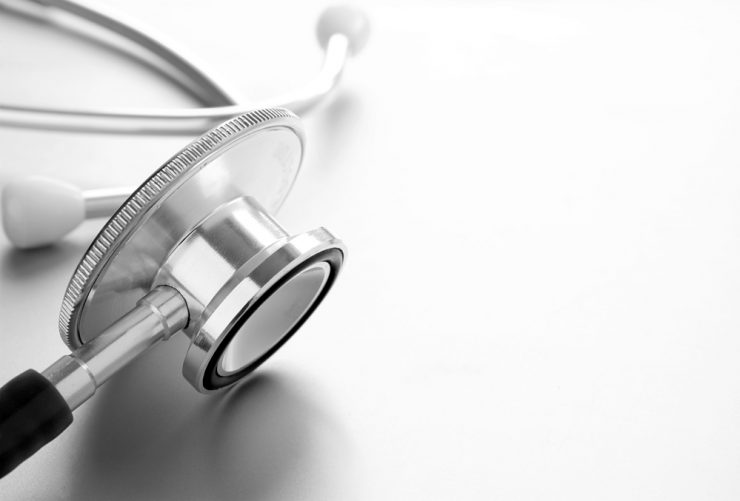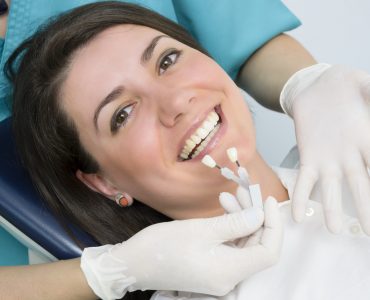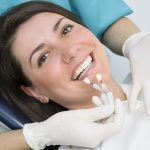Oral candidiasis or oral thrush as it is commonly known is a fungal infection in the mouth which is caused by Candida. Oral thrush is not a contagious infection.
Everyone, including the babies have some thrush in our mouth. Thrush can also be found in other parts of the human body like nappy area, nail folds or vagina.
People who have the habit of wearing denture have higher chances of getting affected by oral thrush. Other people who have high chances of getting this infection include those with diabetes and people who are being administered with steroids. People who cannot keep their mouth clean are also subjected to this fungal infection.
Certain antibiotics if taken for a long time period, enhances the recurring of oral thrush. Cases where patients are subjected to radiotherapy or chemotherapy of the head and neck have been reported to cause oral thrush. Certain drugs cause dry mouth which may further lead to oral thrush.
Very rare cases of oral thrush being the symptom of HIV positive have also been reported.
Symptoms of oral thrush
The dentists on removal of dentures will be able to identify the red patches on removing the dentures.
Typical white spots on tongue and mouth can be observed, which on wiping of reveal the raw and red tissues. The affected areas may appear sore and red soon after the intake of steroids or antibiotics.
Angular stomatitis or angular cheilitis is condition of red sore areas occurring at the corner of the lips. The drooling of saliva in babies or refusal to breastfeed properly indicates the presence of soreness.
Causes of oral thrush
Thrush infections are due to an increase of yeast level in our mouth. Yeasts can cause symptoms when:
- There in immuno- deficiency
- The healthy bacteria are not alive
- There is acidity change in our mouth
- The saliva produced is very little
Treatment for oral thrush
- Keep the mouth as clean as possible
- Rinse the mouth after meals.
- Discontinue smoking.
- Do not wear dentures continuously for 24 hours
- Clean the dentures in soapy warm water and scrub using a soft nail brush.
- Soak the denture in solutions used for sterilising baby’s bottle.
Lozenges may be used in case if the above mentioned steps did not help. The medication may be administered for one month.
Visit the dentist and find out the level of recovery. If not completely recovered, treatment must be taken.
The dentist may want to check out your mouth after treatment to check that everything has cleared up. If this is not the case, they may recommend further treatment.
Change the dentures in two or three years.
Prevention of oral thrush
- Control blood sugar level in diabetes.
- Use of spacer device while using inhaler.
- Keep the dentures clean and remove them in the night.
- Keep mouth moist if it dries due to using some medicines.
- Keep the bottles and mouth toys sterilised in case baby has thrush.













